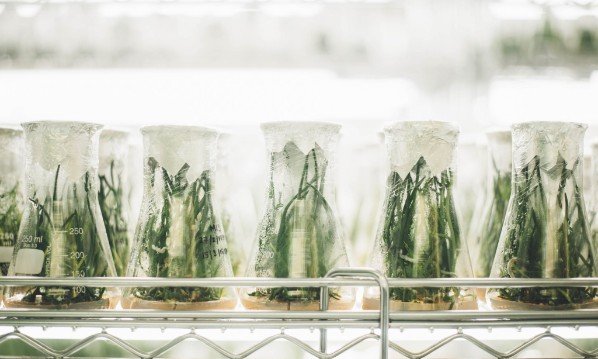
A recent report from The Stranger called attention to the relatively loose pesticide testing regulations currently in place in Washington, a feature of the state’s market that may begin to change in the near future. According to the report, over 40% of samples screened by the Washington State Department of Agriculture (WSDA) between March 2017 and July 2018 displayed residues of either pesticides illegal to use on cannabis, or unacceptable levels of pesticides that are approved for use on the crop.
The Stranger report notes that Washington does not require pesticide residue testing in the manner mandated by California, Oregon, Nevada, or even Colorado, which only recently began screening for the residues of just over a dozen pesticidal chemicals. Instead, the WSDA tests product based on complaints received by the state Liquor and Cannabis Board (LCB), in addition to randomly screening some samples monthly.
Random monthly screenings commenced in the fall of 2016, according to a prior press release from the state. The press release states that, “the WSDA will analyze an average of 75 samples per month covering a spectrum of 100 or more pesticides.” According to The Stranger’s report, however, 387 tests were performed in the 17-month period examined, an average of less than 25 samples screened monthly. Additionally, since the commencement of the WSDA’s random testing, no widespread recalls or reports of products begin pulled from circulation have surfaced.
However, The Stranger’s report calls attention to a Preproposal Statement of Inquiry filed by the LCB in August stating that the agency is considering changes to rules regarding cannabis quality assurance testing and products requirements, potentially including pesticide testing. Proposed rule changes on the matter were expected to be filed sometime after October 31st.